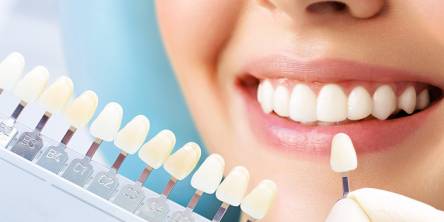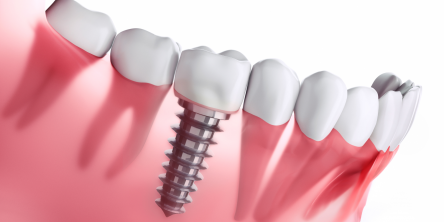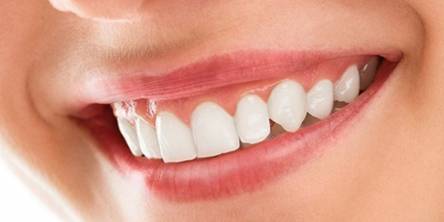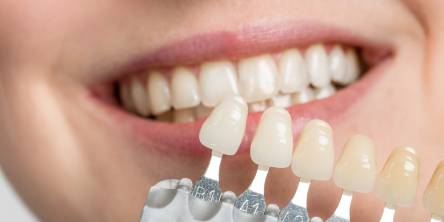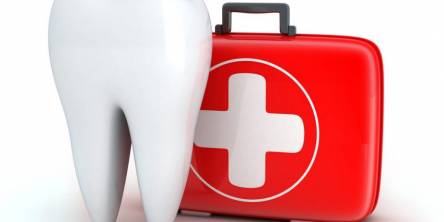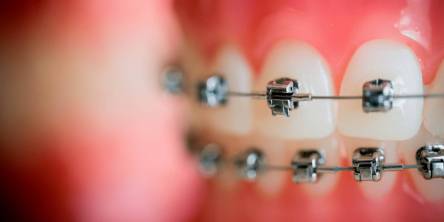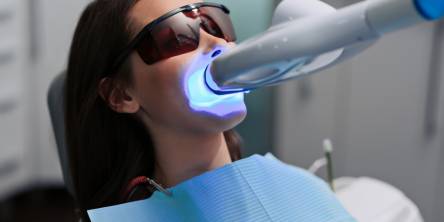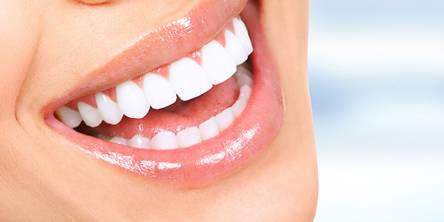8 Debunked Myths About Tooth Decay
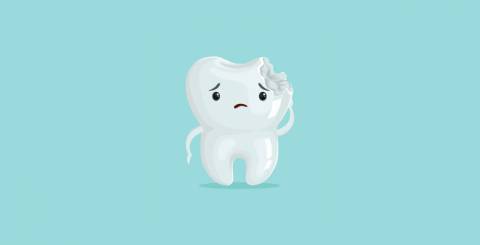
Tooth decay, commonly known as dental caries or cavities, is a common oral health problem that affects people of all ages. While much has been discovered about the causes and prevention of dental decay, numerous myths still exist. In this article, we will debunk eight common myths about tooth decay and provide accurate information to help you maintain a healthy smile.
Myth 1: Sugar is the sole culprit
One of the most common misconceptions about cavities is that sugar is the only culprit. While sugar is an essential component in the development of cavities, it is not the only one. Tooth decay occurs when acids produced by bacteria in the mouth destroy the protective enamel covering of teeth.
These acids can be created by a variety of carbohydrate sources other than sugar. Starchy foods, such as crackers, bread, and chips, can also contribute to the development of acids, which can lead to tooth decay.
Myth 2: Only children get cavities
Tooth decay is not just a problem for children; adults may get cavities as well. Adults can have tooth decay due to various factors such as poor oral hygiene, dry mouth, gum recession, and certain medical problems, but children are more vulnerable due to their developing teeth and less careful oral hygiene habits. Regular dental check-ups and adequate oral care are essential for preventing cavities at any age.
Myth 3: Cavities are always painful
Contrary to common beliefs, cavities often don't cause pain at all, especially in the early stages. At first, the deterioration may only damage the exterior enamel layer, which doesn't have any nerve endings. The decay can reach the more sensitive inner layers of the tooth and produce pain as it goes further into the tooth. Regular dental check-ups are crucial for detecting cavities in their early stages, when they may not be causing pain.
Myth 4: You can "heal" cavities naturally
Even though the concept of treating cavities with natural methods has gained popularity, it is crucial to highlight that cavities can't be reversed or repaired on their own. The damaged tooth structure is unable to heal once a cavity has formed.
While proper oral hygiene and fluoride use may result in some minor remineralization, the progression of cavities cannot be fully reversed without professional dental treatment, which usually includes removing the damaged part and restoring the tooth with fillings. If the cavity is deep enough to reach the roots of the tooth, your dentist can perform a root canal procedure.
Myth 5: Brushing harder removes more plaque
Brushing your teeth forcefully can seem to be a good way to eliminate plaque, but this is a common misconception. The truth is that brushing with too much effort can damage the enamel and irritate the gums, leading to additional oral health problems. Instead, use a soft-bristled toothbrush and gentle, circular motions to eliminate plaque without damaging your teeth or gums.
Myth 6: Dental sealants are only for children
Dental sealants are thin protective coatings that are placed on teeth's biting surfaces to prevent cavities. While dental sealants are usually associated with children, adults can also benefit from them. Adults who are prone to cavities, particularly in the deep grooves of molars, might benefit from sealants, which give an extra layer of protection from decay-causing bacteria and food particles.
Myth 7: If there's no pain, there's no problem
Pain is not usually an accurate indication of oral health. Cavities, as previously mentioned, can form without producing severe pain. Other dental conditions, such as gum disease or infections, may not produce pain at first but can have devastating consequences if left untreated. Regular dental check-ups are critical for recognizing and resolving possible issues before they become serious.
Myth 8: Mouthwash can replace brushing and flossing
Although mouthwash can be a useful supplement to your oral hygiene routine, it can't replace the basic processes of brushing and flossing. Even though mouthwash can help decrease bacteria and freshen your breath, it doesn't physically remove plaque and food particles from your teeth and gums. Brushing twice a day with fluoride toothpaste and flossing every day is still necessary for optimum dental health.
Similar Articles
Cosmetic dentistry has grown in popularity recently, allowing people to improve their smiles and confidence. Despite its rising popularity, cosmetic dentistry has become saturated with myths and misconceptions. This article will debunk the top seven myths, shedding light on the reality behind these common misconceptions.
When you lose an adult tooth, it is critical for your dental health that you replace it. If you don't, you risk teeth moving, increased oral instability, and tooth loss. It could harm the underlying bone. An endosteal implant, often known as a dental implant, is one option for restoring missing teeth.
A smile makeover is a process that improves the appearance of the smile by combining various cosmetic dental procedures, such as braces or Invisalign to correct misaligned teeth, teeth whitening to brighten up discolored teeth, and a dental crown or porcelain veneers to cover unsightly flaws like chips or discolored spots.
Dental veneers are one of the most expedient ways to achieve the bright, healthy smile of your dreams. Whether you are self-conscious about stained teeth or want to conceal a chipped tooth, veneers can provide a satisfying solution.
When you experience dental pain, you should be aware of whether you require emergency dental care and whether your dental insurance policy covers you. Not all dental disorders necessitate rapid treatment. A toothache, a damaged tooth, or pain from a dental crown are severe dental problems, but they are not always emergencies, so it is best to plan ahead of time.
Damon braces have gained popularity in orthodontic treatment because of their innovative design and efficiency in correcting tooth misalignments. While traditional braces have long been the preferred option, Damon braces provide a more comfortable and barely noticeable alternative.
Anyone and everyone who is unhappy with the appearance of their mouth can benefit from cosmetic dentistry. Cosmetic dentists can offer effective treatments and guidance to make you feel better about your physical appearance
Using a light-activated bleaching gel in laser teeth whitening has become a prevalent cosmetic dental procedure. Its increasing popularity can be attributed to people's desire to enhance their appearance and boost their self-assurance.
At-home glo teeth whitening kits have become incredibly popular among celebrities on social media. Also, they are consistently appearing as sponsored adverts on Instagram and Facebook. Furthermore, when you Google these devices, nearly all of what you see are paid reviews from well-known bloggers who skip over any risks of these goods

